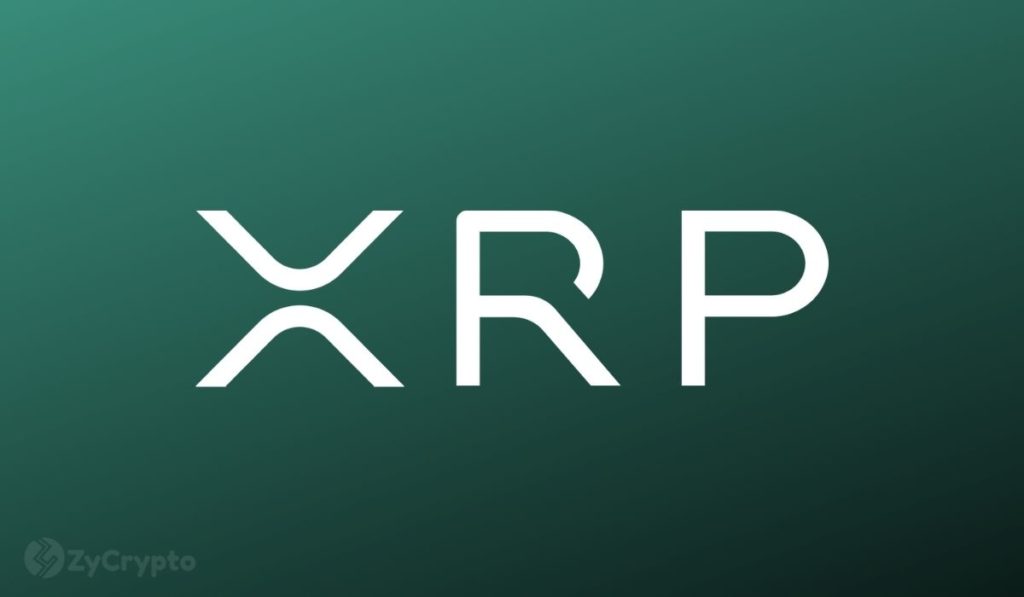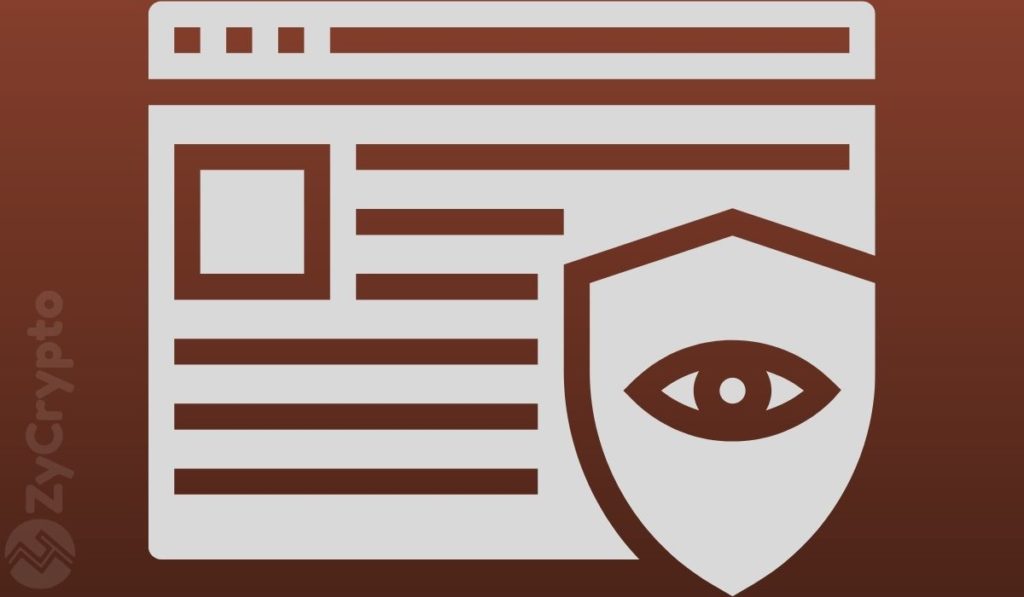
2021-3-5 19:41 |
Ripple has started piloting the CBDC Private Ledger, the private version of the company’s open-source XRP Ledger, which offers Central Banks a secure, yet versatile solution for issuing and managing digital currencies. A blog post revealed this news on March 3, noting that the private version of XRP Ledger would leverage the same blockchain technology that the open-source version is based on. As such, the design of the CBDC private Ledger will let it facilitate payments and issue currencies.
According to the blog post, this solution aims to streamline the issuance of CBDCs. Per Ripple, most CBDCs will run on blockchain networks. While Central Banks can easily leverage the available networks to develop CBDCs, most blockchains are not focused on payments. To this end, Central Banks cannot use them, seeing as they cannot handle the high volume of transactions that a CBDC would demand.
Explaining why Central Banks should embrace the CBDC Private Ledger, Ripple said,
Most blockchains are public ledgers, visible to all and updated by a broad network of validators. A Central Bank requires more transaction privacy and control over its currency than a public ledger can offer, so will most likely opt to create a CBDC on a private ledger that can also operate at the required scale.
The company added that the Central Banks would also need a blockchain network that is interoperable with the current financial infrastructure.
Addressing the shortcomings of public blockchainsPer Ripple, the CBDC Private Ledger would offer transaction volumes that Central Banks need. Allegedly, the network will be able to handle tens of thousands of transactions per second at launch. As time goes by, Ripple projects that it will be able to increase this capacity to hundreds of thousands of transactions per second.
The CBDC Private Ledger would leverage the same consensus mechanisms that the XRP ledger uses to verify transactions. Seeing as this mechanism does not demand a lot of energy, Ripple alleges that its verification process is approximately 61,000 times cheaper than public blockchains that use a Proof-of-Work (PoW) consensus model.
On top of this, the CBDC Private Ledger would meet high-security standards, letting Central Banks retain the control to customize it to their liking, regarding privacy and policy necessities. Assuring Central Banks of the network’s security, Ripple said the technology behind it has been up and running for eight years and transacting billions of dollars each day without security incidents.
Apart from the above perks, the CBDC Private Ledger would also be underpinned by RippleNet technologies and Interledger’s suite of protocols to facilitate high throughput services like micro-payments.
The post Ripple trials a private version of XRP Ledger for the issuance of CBDCs appeared first on Invezz.
origin »Bitcoin price in Telegram @btc_price_every_hour
Quantum Resistant Ledger (QRL) на Currencies.ru
|
|






















